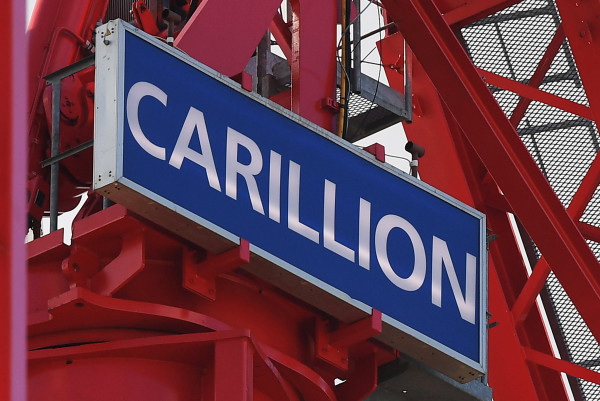

Carillion asked the government for persuade regulators to offload its defined benefit (DB) pension schemes into the pensions lifeboat, according to a report from the National Audit Office (NAO).
The collapsed government contractor's first formal request for financial support from the government was made on 31 December 2017, when the company asked for "help in restructuring its pensions liabilities and immunity from penalties arising from regulatory investigations".
At the time Carillion told the Cabinet Office its plans for restructuring were not finalised, but it would need to complete its restructuring by the end of April.
According to the NAO report, Carillion said restructuring would probably need to entail "virtually all" of its £1.5bn of debts being converting to equity, the significant dilution of existing shareholders’ stake in the company, the comprehensive restructures of its pensions obligations and support from its existing creditors.
Carillion said the most likely solution for offloading its pension schemes would be a Regulated Apportionment Arrangement (RAA), a restructuring arrangement which allows an employer to detach itself from its DB liabilities when the alternative would be insolvency. The liability is usually passed to the Pension Protection Fund (PPF).
Carillion had 13 final DB in the UK with more than 28,500 members, and an aggregate deficit for PPF purposes of around £800m.
It is expected 11 of these plans will ultimately end up in the pensions lifeboat, with the vast majority of these already in assessment at the PPF.
After unsuccessful talks with its lenders and the UK government, Carillion went into liquidation in January.
The NAO report also showed accountants and lawyers will earn £70m managing the fallout from the collapse of Carillion, with taxpayers expected to foot a bill of more than £150m.
It also said the liquidation of Carillion showed the government had "further to go" in understanding the financial health of suppliers whose failure could have major consequences.
Frank Field, chairman of the Work and Pensions committee – which has been investigating the collapse of the contractor alongside the Business, Energy & Industrial Strategy (BEIS) committee – said the report showed Carillion "hoodwinked the Government as they did many others who were so naïve as to trust their published accounts".
He said: "As Special Managers, with a contract to print money awarded without any competition, PwC will draw £50m for six months’ work. More money for PwC is less money for sub-contractors and the PPF.
"We have further questions about those payments—and how PwC’s conflicts of interest arising from their long history of work on Carillion are being managed—and have written to PwC and the Official Receiver requesting further information.
"I am particularly concerned that PwC’s conflicts could jeopardise action against individual directors."
Carillion issued its first profit warning in July 2017 and officials from the Cabinet Office gained access to internal financial information from September.
A second profit warning in September prompted the Cabinet Office to express "forcefully" to Carillion that the company had not been open about the seriousness of its position.
maria.espadinha@ft.com



